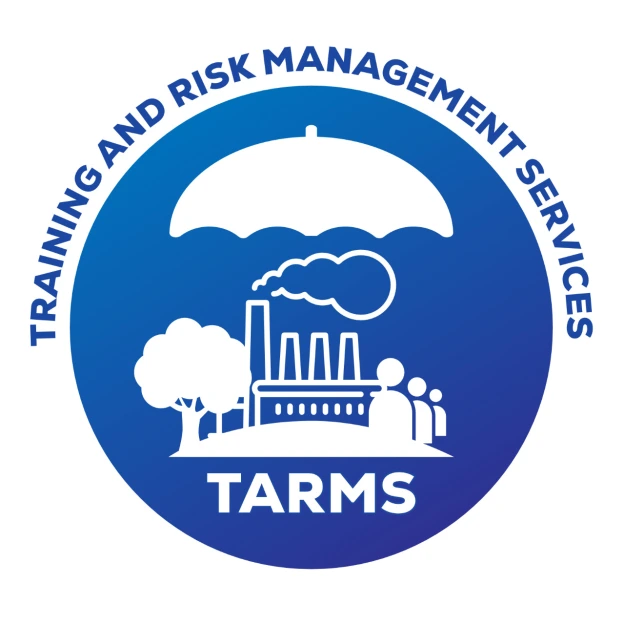
Sustainable leaders possess a unique set of qualities that enable them to guide their organizations towards long-term success, ethical practices, and positive social and environmental impact. Here are some key qualities of sustainable leaders:
Visionary Thinking: Sustainable leaders have a long-term vision for their organizations. They can see beyond short-term gains and envision a sustainable future for the company, incorporating social and environmental considerations into their strategic planning.
Ethical Decision-Making: Ethical behavior is a cornerstone of sustainable leadership. Leaders with this quality make decisions that align with moral and ethical standards, ensuring that the organization operates with integrity and trustworthiness.
Adaptability: Sustainable leaders are adaptable and open to change. They embrace innovation and are willing to adjust their strategies and practices to align with emerging sustainability trends and challenges.
Stakeholder Engagement: Recognizing the importance of all stakeholders, including employees, customers, investors, and the broader community, sustainable leaders actively engage with these groups. They seek input, consider diverse perspectives, and make decisions that benefit a wide range of stakeholders.
Empathy: Sustainable leaders demonstrate empathy towards their employees and stakeholders. They understand and consider the needs and concerns of others, fostering a positive and inclusive organizational culture.
Strategic Focus on Sustainability: Sustainable leaders integrate sustainability into their organization’s core strategies. They identify opportunities to reduce environmental impact, promote social responsibility, and create value for all stakeholders.
Collaboration Skills: Collaboration is essential for sustainability initiatives. Sustainable leaders build collaborative relationships within and outside the organization, working with partners, suppliers, and other stakeholders to achieve common sustainability goals.
Transparency: Sustainable leaders prioritize transparency in communication. They are open about their organization’s sustainability efforts, progress, and challenges, building trust with stakeholders through clear and honest communication.
Resilience: Sustainable leaders understand that sustainability efforts may face challenges and setbacks. They exhibit resilience, persistence, and determination to overcome obstacles and continue advancing sustainable practices.
Innovation: Sustainable leaders encourage a culture of innovation within their organizations. They seek out and implement new technologies, processes, and ideas that contribute to sustainability goals and keep the organization at the forefront of positive change.
Global Perspective: In an increasingly interconnected world, sustainable leaders have a global perspective. They consider the global impact of their organization’s actions, recognizing the interconnectedness of social, economic, and environmental issues on a global scale.
Commitment to Continuous Learning: Sustainable leaders are committed to ongoing learning and development. They stay informed about evolving sustainability trends, best practices, and new opportunities to enhance their organization’s sustainability efforts.
By embodying these qualities, sustainable leaders can guide their organizations toward a more sustainable and responsible future, creating value not only for shareholders but for society and the planet as a whole

